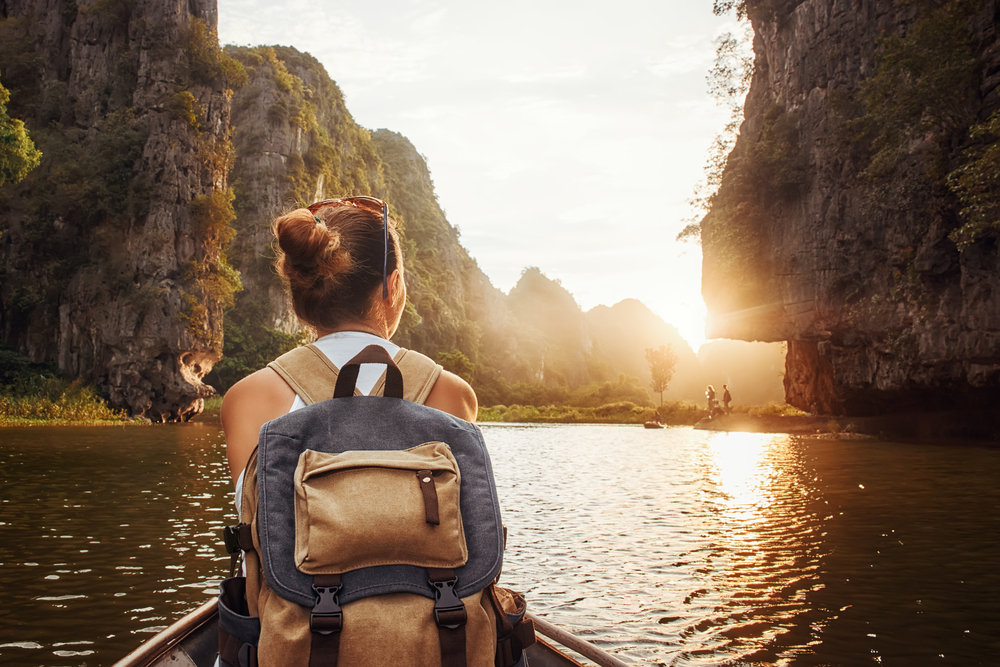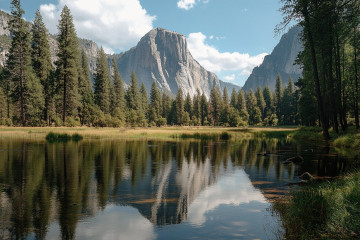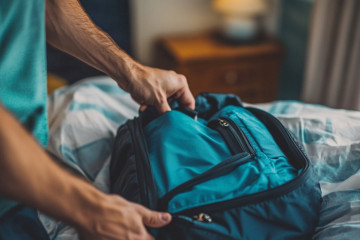More than half of Aussies are planning to take a solo trip this year, from short weekends away to extended holidays around the world.
Vietnam is a popular choice for people taking a holiday on their own – it’s relatively cheap, easy to get around, and there are heaps of things to do and see that’ll keep you entertained. Plus the food is amazing.
But where to go? We reached out to the experts at InsideAsia for their top tips.
What you add to your itinerary is totally dependent on your interests, timeframe, and budget. The experts at InsideAsia can help you create a fully bespoke trip that ticks all your boxes.
Here’s everything to know before embarking on a solo trip to Vietnam.
Tip 1: Food is the gateway into any culture
One of the absolute musts in Vietnam is the street food. Perch on a plastic stool slurping a bún chả and grab an incredibly cheap beer or the famous egg coffee and people-watch.
Yep, that’s right, egg coffee.
It sounds strange but it tastes amazing – be sure to try one when you’re there.
Get up close and personal with the food culture by taking part in a cooking class. Walk through the markets with a local chef, select your produce and then learn how to cook a traditional meal in their home kitchen as they explain their unique methods.
Food is central to culture and provides meaningful insight into the psychosocial dynamics at play.
Tip 2: Be curious, be open
Solo travel is the ultimate freedom to explore without compromise. You will find that Vietnamese people are very warm and welcoming – the more you embrace the culture, the more it will embrace you.
It’s all about getting up early for a syrupy egg coffee (yes, we said egg) while old ladies practise t’ai chi around Hoan Kiem Lake. It’s about staying up late to drink beers and eat bun cha barbecued pork with the locals.
It’s about meeting people and getting to know the culture, whether that means exploring the morning food markets with a local chef or cutting-edge contemporary art with a young curator.
Tip 3: Go with the flow
Not everything will always go to plan when travelling around Vietnam, but don’t let that throw you off course. Having the flexibility to adapt is all part of the travel experience, and often leads to the most unexpectedly incredible experiences.
There are countless versions of Vietnam to be explored – from revisiting the Communist era, touring the war museums, visiting temples or meandering the chaotic market streets dating back to the imperial dynasties.
Tip 4: Act confident
Confidence is key. Even if you’re unsure, just fake it ’till you make it – you’ll be surprised at how far this approach takes you. When crossing the road, put your hand out with authority, signalling others to stop and make way.
Generally speaking, the tourism infrastructure in Hanoi is very good – things are accessible, Google Maps works well and everything is in close proximity. It’s best to be on foot and take it all in from the ground. Don’t be intimidated by the unfamiliar, lean into it.
Just be sure to observe your surroundings and stay mindful of what is happening around you.
Tip 5: Vary the pace
Vietnam is an amazingly varied country. From city to country to seaside, there’s so much diversity of landscapes to be enjoyed. The northern and southern ends of the country are vastly different.
The south is steamy and flat, the food is spicier, and the people are less reserved than their northern counterparts. Embracing the differences and learning to understand the relative cultural nuances is what makes a trip to Vietnam so special – set apart from anywhere else in the world.
Tip 6: Respect the place and the people you meet
When travelling, especially solo, it’s essential to approach new cultures and communities with respect and humility. This means being mindful of local customs, traditions, and sensitivities. One of the most enriching aspects of travel is the opportunity to connect with people from different backgrounds.
But the trick is to let these interactions unfold naturally. Instead of pressing for information or prying, allow those you meet to share their stories in their own time and way. Remember, travel is as much about what you learn from others as it is about the places you visit.
This is why it can be so great to travel with a guide, who can help you navigate interactions with new people as you travel.



